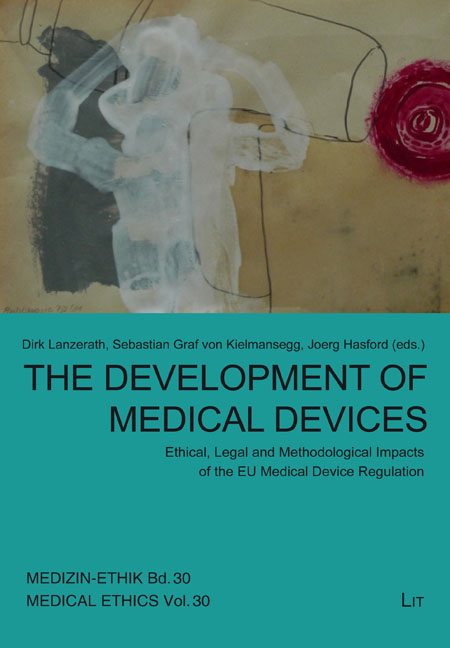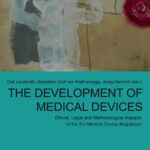Beschreibung
Medical devices include objects, substances and software that are used for therapeutic or diagnostic purposes for humans. However, the main intended effect, in contrast to medicinal products, is not primarily pharmacological, metabolic or immunological, but usually physical or physicochemical. The innovation cycles for many modern implantable medical devices are estimated to be about 18 months, for software even shorter. It is obvious that the evaluation of the performance, the effectiveness, the benefits and risks of a medical devices is very different compared to medicinal products. The recent EU-Regulation on medical devices asks for very requirements regarding the systematic evaluation of medical devices in humans and the procedures for granting the CE mark. The recent volume of the series MEDICAL ETHICS addresses the ethical, legal, methodological, and practical challenges arising from the Regulation regarding the development and use of medical devices.
Dirk Lanzerath, Prof. Dr. phil., German Reference Centre for Ethics in the Life Sciences (DRZE), University of Bonn.
Sebastian Graf von Kielmansegg, Prof. Dr. jur., Chair of Public Law and Medical Law, Kiel University.
Joerg Hasford, Prof. Dr. med., Institute for Medical Information Processing, Biometry and Epidemiology, LMU Munich.


